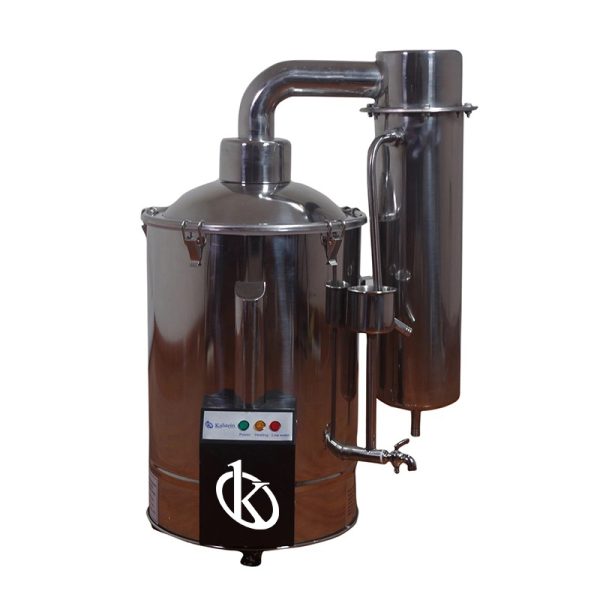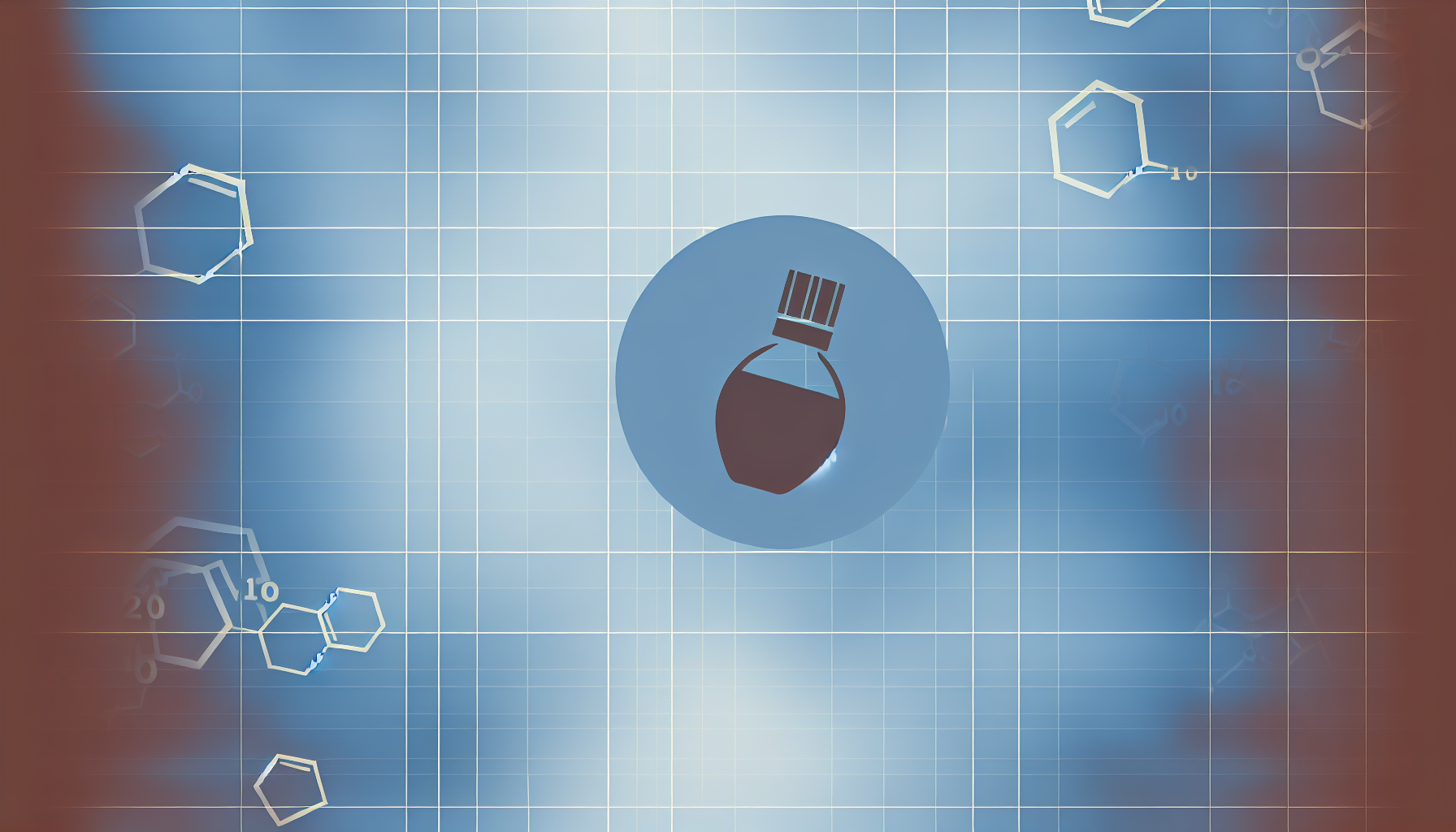In the food industry water has a large number of uses, from food processing, ice making, daily cleaning of facilities and surfaces, to hand washing. When used for the manufacture of food and beverages, the purity of the water used will have a direct influence on the quality of the same.
If water is incorporated as an ingredient in food processing, we must consider it a raw material. In this case, if it does not have the appropriate chemical and microbiological characteristics, it can promote undesirable consequences such as:
- Deterioration of the organoleptic properties of the food.
- Reduced nutritional value.
- Undesirable chemical reactions in food.
- Being a vehicle for foodborne illness.
Therefore, it is essential to ensure the quality of water used during food processing. It must comply with a series of hygiene and health requirements, which will ensure the safety of processed food products.
Water quality and safety specifications are available for the food industry. Although health regulations vary from country to country, generally the tolerance ranges for water pollutants are often quite similar, ensuring consumer health globally.
In general, the quality of water required for food processing is the same as that required for drinking water, i.e. drinking water. However, the type of product to be produced must be analyzed, as there are foods in which it is easier to grow and develop microorganisms. For example, products with high protein content, such as dairy products.
Likewise, there are products in which the quality of water required for its manufacture exceeds the requirements of normal drinking water. Take the nectar industry. In this type of product, traces of water impurities may react with other constituents of the product. On the other hand, the water used in the manufacture of dairy products must be of high purity, soft and sterile in nature. In addition to what is mentioned in the previous lines, the water supplied by the water services may not meet the quality standards required by the food industry.
In these situations, the food industry must ensure the quality and purity of the water it will use. For this, there are different methods that allow the treatment of water, the choice of the most appropriate, is based on two aspects, the quality of the water that we must treat and the degree of purity that we want to achieve in the water.
Among the available water treatment methods, one of the most efficient is distillation. It consists of consecutive and controlled processes of water vaporization and cooling, which allows the separation of water molecules, other molecules or elements that are diluted. This process is possible with the use of a device called a distiller.
Water distiller and brief explanation of distillation
The design of this device will depend on the volumes of water required in the food industry. Generally speaking, it consists of a steam generator or boiling tank, immersion resistors, cooling water outlet, condenser, filter and distilled water tank.
This process begins with the heating of the water to the boiling point, in the container called steam generator or boiling chamber; then, the produced steam is captured and condensed in a condensing chamber; then, the freshly condensed water is filtered and stored in the distilled water tank. During distillation, most inorganic compounds and nonvolatile molecules do not evaporate with water and remain in the boiling chamber. However, some organic compounds whose boiling points are lower than those in water may re-contaminate water once it has condensed to its liquid form. Take benzene. But this inconvenience is solved with the use of the filter.
Kalstein distillers
At Kalstein we offer our customers a wide variety of water distillers, included in the YR series. You can choose the one that best suits your establishment’s needs. Kalstein water distillation equipment works in an automated way, therefore, it is easy to use. They are designed with a glass bucket at the top, which allows the observation of the distillation process. They promote water and energy saving and have a protection system for electric loads and also a protection function in cases where the water supply is reduced or interrupted. For more information about Kalstein distillers, visit the link HERE




